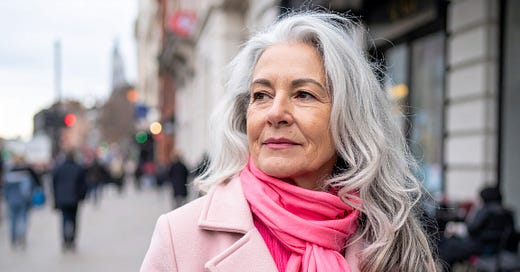The book opens with Gellhorn—in the last years of her life—entertaining her “chaps” in her London flat.
No longer able to travel freely, she “relied on the chaps to bring her the news she had once gathered herself, to report from the war fronts, both real and emotional.”
Gellhorn settled into a groove—or was it a rut?—in her Cadogan Square home. Where she kept every item in her sitting room exactly the same over decades, “tidy, clean and neutral…to counteract the extreme disorder of her mind.” Her physical world contracted as her eyes failed her…
Must we become smaller, more dependent as we age? If we do, is that always unfortunate—or does having fewer physical options allow us to burrow deeper into our unique essence? How did Gellhorn’s influence at the end of her life compare to when she was trotting the globe covering wars? Do you think she valued both equally?
How did aging affect her perceptions of equity, fairness, intellect and relationships? Do you agree with her? As a well-known beauty, was aging harder for her or did it just more efficiently sharpen her already razor-sharp wit? What do you think about the way her life ended?
Discuss!
Rochelle




